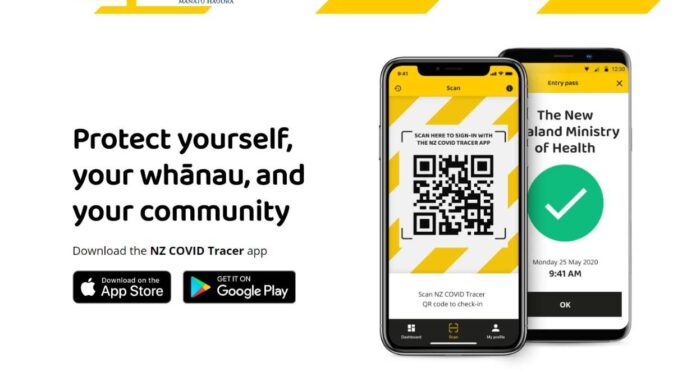Source: MakeLemonade.nz
Te Whanganui-a-Tara – A new report has found that the global digital health app market is surging, with more than 350,000 platforms now available.
A report by the IQVIA Institute for Human Data Science has discovered that the consumer digital health app market catapulted to new heights in 2020, with more than 90,000 new digital health apps hitting the market over the course of the year.
There are now more than 350,000 digital health apps available to consumers, according to the report. The Ministry of Health’s covid tracer is New Zealand’s biggest digital health app.
The covid pandemic has had a significant impact on the surging interest in digital health apps, rapidly forcing patients and doctors world-over to embrace online health tools more than ever before.
However, the average quality of a number of global products was found to be middling, with the report advising careful selection by consumers.
Downloads are heavily skewed, with 83 percent of apps installed fewer than 5000 times and collectively accounting for less than one percent of total downloads.
Meanwhile, a cohort of 110 dominant apps have each been downloaded more than 10 million times and make up almost 50 percent of total downloads.
While most of these apps are focused on the user’s overall health and wellbeing, disease-specific programmes have been growing in popularity.
Apps that focus on managing specific diseases now make up 47 percent of the market offering, compared to 28 percent in 2015.
Mental health, diabetes and cardiovascular disease apps now account for almost half of disease-specific apps.
This boom in app development has been spurred by a significant increase in investment in the digital health space.
A record $US24 billion was committed to digital health in 2020, with a new monthly record of $US3.4 billion invested in December 2020.
IQVIA also discovered that average deal sizes have increased significantly. The researchers said these trends are likely to continue as opportunities expand for mobile technologies to intervene in patient health.
Face-to-face doctor appointments dried up last year when covid arrived, so telemedicine apps had an increasingly prominent role in everyday healthcare delivery.
IQVIA noted jumps in app downloads tied to medical devices that could measure blood oxygen saturation during regional covid spikes.



